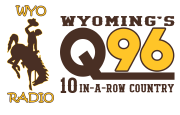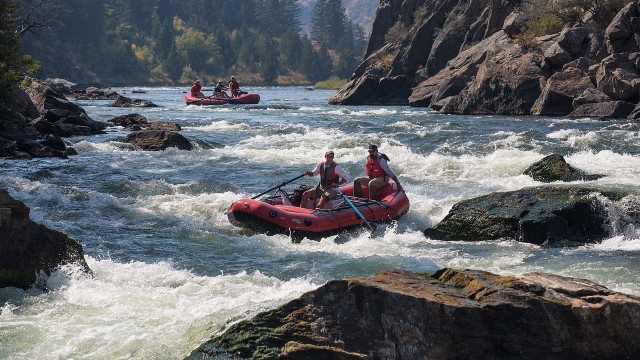
Eric Galatas, WYOMING GNEWS SERVICE- “Quiet” or non-motorized recreation on public lands managed by the federal Bureau of Land Management adds $2.8 billion to the U.S. economy and supports almost 25,000 jobs, according to a new report commissioned by the Pew Charitable Trusts.
Kristin Lee, project director of the independent firm ECONorthwest that conducted the study, said nearly two-thirds of visitors to BLM lands engage in such non-motorized activities as camping, hiking, hunting and fishing.
“Perhaps because the noisier kinds of recreation tend to get noticed a little bit more,” she said, “we were interested in looking at the effects of these other activities – these quiet activities.”
The study, which covered a dozen western states including Wyoming, found that in 2014, these “quiet” visitors spent nearly $2 billion in communities within 50 miles of BLM sites. Lee said an economic ripple effect is created in surrounding towns when people eat at local restaurants and buy supplies, gas and groceries.
Kyle Wilson, a BLM wildlands specialist for the Wyoming Wilderness Association, said access to wild and unspoiled public lands is critical to the state’s outdoor recreation businesses. He added that a large percentage of public lands is open to motorized use, and keeping some wilderness areas free from the roar of snowmobiles and ATVs is more than just an economic issue.
“It’s important for wildlife habitat,” he said, “and it’s important to kind of try to cater to everyone and keep that small percentage of non-motorized areas intact.”
He’s hopeful the new study will encourage people who hike, camp, hunt and fish to take part in the BLM’s public-input process now under way. The study found that in Wyoming alone, nearly 2 million visitors took part in quiet outdoor activities in more than 18 million acres of BLM lands in the state in 2014.
The study is online at pewtrusts.org.


